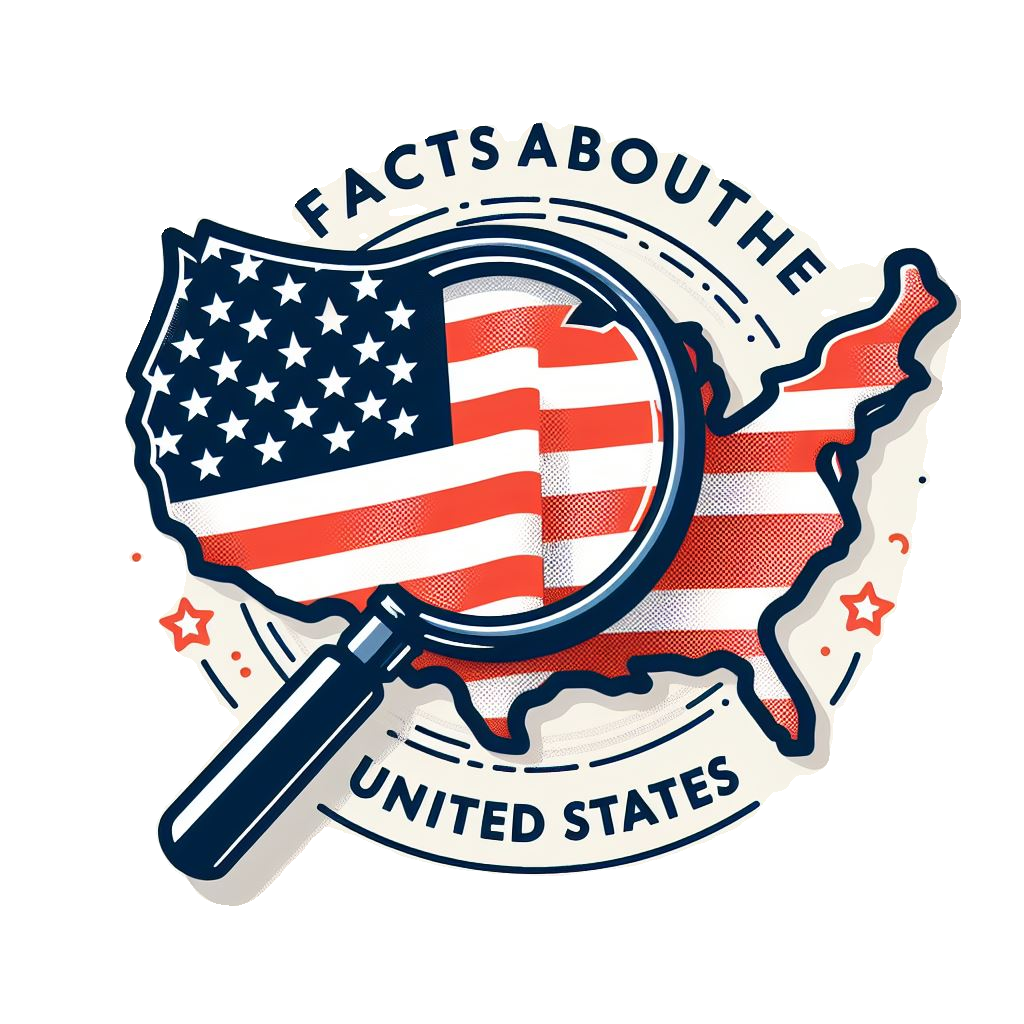John F. Kennedy: A Legacy of Hope and Challenges
John F. Kennedy, often referred to by his initials JFK, was a figure of inspiration, a beacon of change, and a symbol of the American dream. His presidency, though tragically cut short, left an indelible mark on the United States and the world.
Early Life and Military Service
Born on May 29, 1917, in Brookline, Massachusetts, Kennedy hailed from a family that was well-acquainted with political ambition and public service. His early life was a blend of privilege and personal challenges, including chronic health issues that he battled from a young age.
Kennedy’s wartime service in the U.S. Navy during World War II showcased his leadership and courage. As a commander of PT boats in the Pacific theater, he became a decorated war hero, especially noted for his actions following the sinking of PT-109, where he displayed extraordinary bravery in rescuing his crew.
Political Ascent
After the war, Kennedy’s political career began in the U.S. House of Representatives, representing a working-class district of Boston from 1947 to 1953. He then served as a U.S. Senator from Massachusetts until his presidential run. During this time, he authored the Pulitzer Prize-winning book “Profiles in Courage,” which highlighted the acts of bravery and integrity by eight U.S. Senators.
The Presidency
Kennedy’s presidency began on January 20, 1961, and was marked by both significant achievements and formidable challenges. He was the youngest person elected president and the first Roman Catholic to hold the office. His inaugural address, with the immortal words “Ask not what your country can do for you—ask what you can do for your country,” inspired a generation.
Domestic Affairs
Kennedy’s domestic policy was ambitious, focusing on civil rights and social change. He advocated for racial equality, though his efforts were often met with resistance. His vision for America also included the establishment of the Peace Corps, which encouraged American youth to volunteer and aid developing countries.
Foreign Policy
The Cold War era defined much of Kennedy’s foreign policy. He navigated through the Cuban Missile Crisis, a tense standoff with the Soviet Union that brought the world to the brink of nuclear war. His administration also saw the early stages of the Vietnam War and the space race, where he set the goal of landing an American on the moon.
Assassination and Impact
Kennedy’s presidency ended abruptly on November 22, 1963, when he was assassinated in Dallas, Texas. His death shocked the nation and the world, leaving many to wonder what might have been had his presidency continued.
Despite the brevity of his term, Kennedy’s impact was profound. He embodied a new era of youthful optimism and challenged Americans to engage with their country and the world in a more meaningful way. His legacy continues to influence politics and culture, reminding us of the power of visionary leadership and the importance of striving for a better tomorrow.
John F. Kennedy’s life and presidency are a testament to the idea that leadership is not just about holding an office but about inspiring others to achieve greatness. His story encourages us to pursue our ideals with courage and determination, no matter the obstacles we may face.
